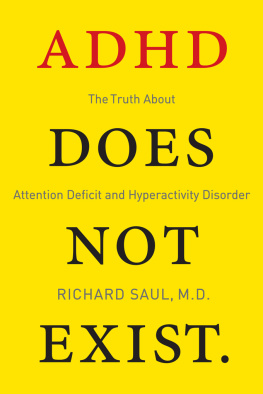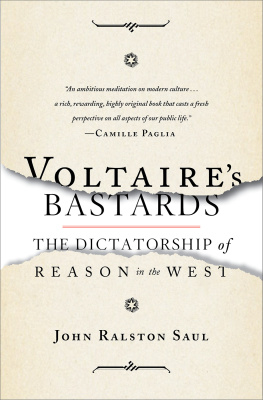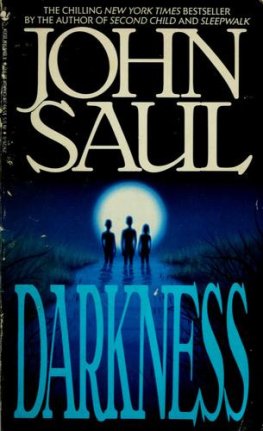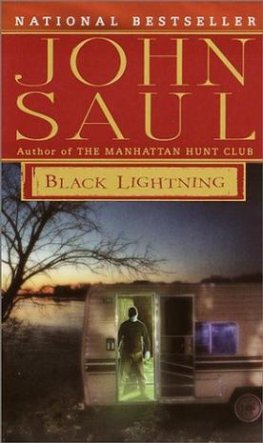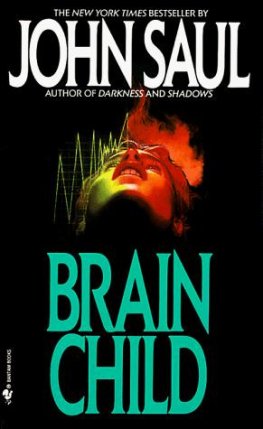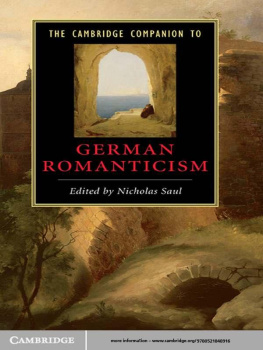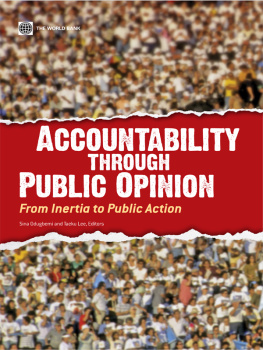
ALSO BY JOHN RALSTON SAUL
Nonfiction
Voltaires Bastards:
The Dictatorship of Reason in the West
Fiction
The Birds of Prey
Baraka
The Next Best Thing
The Paradise Eater
The DOUBTERS COMPANION
A Dictionary of Aggressive Common Sense
JOHN RALSTON SAUL

VIKING
Published by the Penguin Group
Penguin Books Canada Ltd, 10 Alcorn Avenue, Toronto, Ontario, Canada M4V 3B2
Penguin Books Ltd, 27 Wrights Lane, London W8 5TZ, England
Viking Penguin, a division of Penguin Books USA Inc., 375 Hudson Street, New York, New York 10014, U.S.A.
Penguin Books Australia Ltd, Ringwood, Victoria, Australia
Penguin Books (NZ) Ltd, 182-190 Wairau Road, Auckland 10, New Zealand
Penguin Books Ltd, Registered Offices: Harmondsworth, Middlesex, England
First published 1994
10 9 8 7 6 5 4 3 2 1
Copyright John Ralston Saul
All rights reserved. Without limiting the rights under copyright reserved above, no part of this publication may be reproduced, stored in or introduced into a retrieval system, or transmitted in any form or by any means (electronic, mechanical, photocopying, recording or otherwise), without the prior written permission of both the copyright owner and the above publisher of this book.
Printed and bound in Canada on acid free paper 
Canadian Cataloguing in Publication Data
Saul, John Ralston, 1947
The doubters companion: a dictionary of aggressive common sense
ISBN 0-670-85536-7
1. English language - Glossaries, vocabularies, etc.
2. English language - Etymology - Dictionaries.
3. English language - Philosophy. I. Title.
PE1680.S38 1994 423'.1 C94-931855-8
For
Adrienne
Hoc esse salsum putas?
Catullus
THE GRAIL OF BALANCE
Our civilization is unable to do what individuals cannot say. And individuals are unable to say what they cannot think. Even thought can only advance as fast as the unknown can be stated through conscious organized language, an apparently self-defeating limitation.
The power of dictionaries and encyclopaedias is thus enormous. But what kind of power? The very possibility of it invites positive or negative use. A dictionary can as easily be a liberating force as one of control.
In the humanist view, the alphabet can be a tool for examining society; the dictionary a series of questions, an enquiry into meaning, a weapon against received wisdom and therefore against the assumptions of established power. In other words, the dictionary offers an organized Socratic approach.
The rational method is quite different. The dictionary is abruptly transformed into a dispensary of truth; that is, into an instrument which limits meaning by defining language. This bible becomes a tool for controlling communications because it directs what people can think. In other words, it becomes the voice of Platonic litism.
Humanism versus definition. Balance versus structure. Doubt versus ideology. Language as a means of communication versus language as a tool for advancing the interests of groups.
This power of mere words and sentences may be particular to the West. Other civilizations are driven more by the image or by metaphysics. These lead them to treat the relationship between the oral and the written as secondary. But in the West, almost everything we need to know about the state of our society can be extracted from the relative power of oral versus written language.
The heavier the hand of the written, the more likely it is that language will have a deadened, predictable quality about it, justified by an obscure scholasticism. The whole thing then falls easily into the service of ideology and superstition. In societies such as thesesuch as oursdefinition becomes an attempt to close doors by answering questions.
As for oral language, it is periodically unleashed as the only force capable of freeing society from the strangling effects of the written and the ideological. Like a burst of wind it opens the shuttered windows of scholasticism, blows out the dust of received wisdom and, in the phrase of Stphane Mallarm, purifies the language of the tribe. In those periods, dictionaries and encyclopaedias come into their own as aggressive, questioning tools which embrace doubt and consideration.
The dichotomy between the humanist and the rational is simple. How are citizens to enter into public debate if the concepts which define our society and decide the manner in which we are governed are open neither to understanding nor to questioning? If this is impossible or even difficult, then society comes to a standstill. If this immobility is prolonged, the results are catastrophic.
The way out for the citizenry is always the same. Their languageour languagemust be reclaimed from the structures of conventional wisdom and expertise. Populations know from experience that that change can only come through what will seem at first to be outrageous statements, provocation and a stubborn refusal to accept the smooth, calm, controlling formulae of conventional wisdom.
The ideologies of this century have prospered through the exploitation of what amounts to modern superstitions, each of which is justified by closely argued definitions divorced from reality. Even the most horrifying of superstitious actsthe Holocaustwas the product of decades of written, intellectual justification, which the rest of society failed to destroy as an expressible option by passively allowing the arguments to stand.
Our current ideologies revolve around economic determinism. They use expert argument to turn almost any form of injustice into an inevitability. This infection of the citizenry with passivity is, in fact, what we used to call superstition. Whatever is defined as true we feel obliged to accept as inevitable. Knowledge, which we believed would free us, has somehow become the instrument of our imprisonment. How can a dictionary do other than attack such mystification?
Erasmus was perhaps the first to try to kill the modern scholastic system by questioning the power of written truths. With Adagio (1508a collection of three thousand proverbs from classical writers) and In Praise of Folly (1509a satire on scholasticism), he attacked with both enumeration and comedy. His apparent aim was to rediscover the simplicity of early Christianity. But beyond that he was searching for the humanist equilibrium.
The religious warswith their roar of deftly argued hatred and violenceseemed to overwhelm his message. But Erasmus had sent out a long-term signal. He had declared himself in favour of the oral approach to language, communication and understanding. Thus Europes leading intellectual rejected the ideologies, both old and new.
The next major step nevertheless contradicted Erasmus. It continued in the unfortunate direction of the new rational and national powers unleashed more or less during the wars of religion. Cardinal Richelieu hired Claude Favre de Vangelas to organize the first dictionary of the Acadmie Franaise (1694Dictionnaire de la langue franaise). Favre saw elevated usage as the proper legislator of language. He wanted to establish a new High Mode to replace Latin. The aim was to create a dictionary of absolute authority and so to fix French in place, like an exotic butterfly pinned in a display case, at a high level of politically correct rhetoric.
Next page


